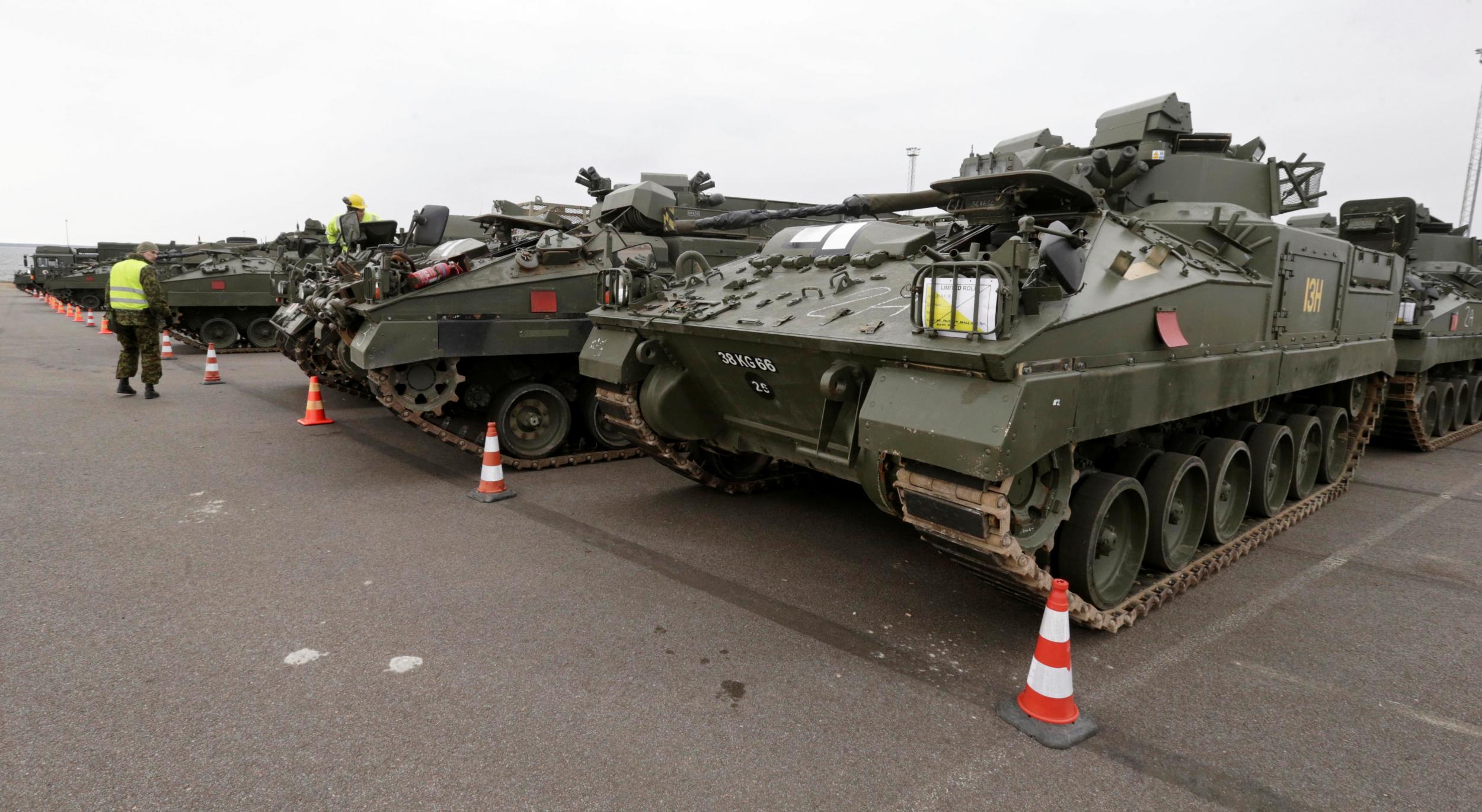Brexit: Security cannot be bargained for a trade deal, Jean-Claude Juncker warns Theresa May
Britain's defence and security offer irrelevant to 'other questions relating to Brexit,' says European Commission President

Your support helps us to tell the story
From reproductive rights to climate change to Big Tech, The Independent is on the ground when the story is developing. Whether it's investigating the financials of Elon Musk's pro-Trump PAC or producing our latest documentary, 'The A Word', which shines a light on the American women fighting for reproductive rights, we know how important it is to parse out the facts from the messaging.
At such a critical moment in US history, we need reporters on the ground. Your donation allows us to keep sending journalists to speak to both sides of the story.
The Independent is trusted by Americans across the entire political spectrum. And unlike many other quality news outlets, we choose not to lock Americans out of our reporting and analysis with paywalls. We believe quality journalism should be available to everyone, paid for by those who can afford it.
Your support makes all the difference.Britain will not be able to use its military might to win a more favourable trade deal with the EU after Brexit, the European Commission President has warned.
Jean-Claude Juncker said fears that Europe’s security will be undermined by the UK’s departure must not become tangled up in the negotiations to secure an economic agreement.
“I wouldn't like to put security policy considerations with trade policy considerations in one hat. I understand why some would like to do that, but we don't want to,” he told the Munich Security Conference.
The warning came after Theresa May used her speech to propose a new UK-EU treaty to maintain defence and security cooperation after Brexit to keep citizens safe.
Britain is the only EU member to spend 2 per cent of GDP on defence and leads two EU military missions, while also sending troops to Estonia under a Nato flag.
The Government has dropped its earlier threat to walk away from joint security working if the exit talks break down – and is instead “unconditionally committed to maintaining it”.
Nevertheless, in her speech, the Prime Minister stressed the UK’s “significant capabilities and resources” and willingness to work “through EU mechanisms” if that could be agreed.
“On defence, if the UK and EU’s interests can best be furthered by the UK continuing to contributing to an EU operation or mission as we do now, then we should both be open to that.
“And similarly, while the UK will decide how we spend the entirety of our foreign aid in the future, if a UK contribution to EU development programmes and instruments can best deliver our mutual interests, we should both be open to that.”
The second offer appeared to give weight to a belief that the UK will use its big aid budget as a bargaining chip or as a disguised means of paying for market access in the EU after Brexit.
In his response, Mr Juncker welcomed Ms May’s call for what he called a “security alliance” between the EU and Britain.
“Since we are not at war with the UK and we do not want to take revenge on the UK, for what the British people have decided, this security alliance, the security bridge between the UK and the EU will be maintained. We still need it,” he said.
However, he insisted that what Britain had to offer on defence and security must not be conflated with “other questions relating to Brexit”.
Meanwhile, one EU official in Munich, said the Prime Minister’s security proposal could only be considered after Britain and the EU had agreed their divorce settlement.
Although the two sides shook hands on a withdrawal deal in December, it must still be turned into a legal text for agreement, it is hoped, at a Brussels summit on 22 and 23 March.
The EU is determined that the UK will not be allowed to wriggle out of commitments to avoid border checks in Ireland and to pay a £39bn divorce bill – even without a trade deal.
In her speech, Ms May used stark language to highlight the security threat without a new treaty, saying: “Let's be clear about what would happen if the means of this co-operation were abolished.
“Extradition under the European Arrest Warrant would cease. Extradition outside the European Arrest Warrant can cost four times as much and take three times as long.
“It would mean an end to the significant exchange of data and engagement through Europol.”
Join our commenting forum
Join thought-provoking conversations, follow other Independent readers and see their replies
Comments